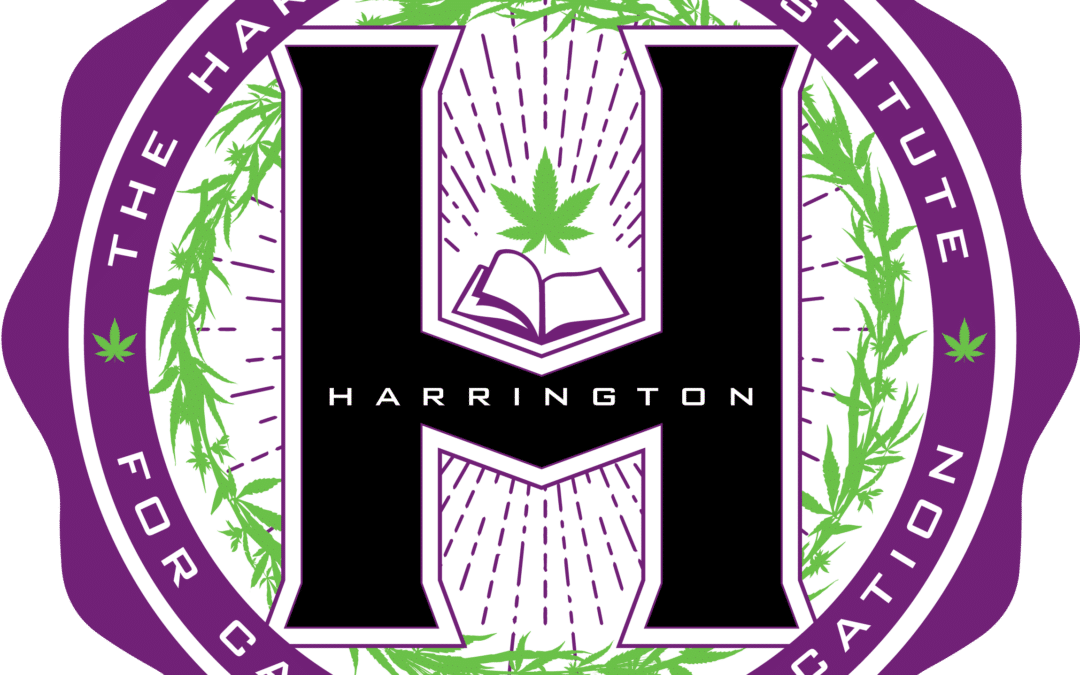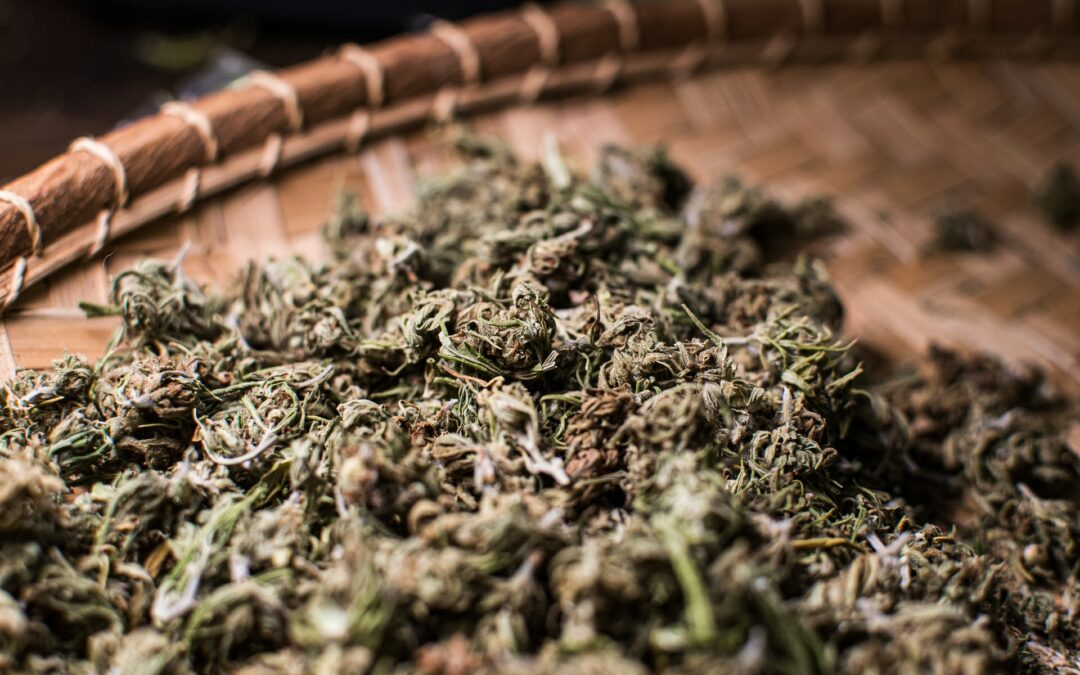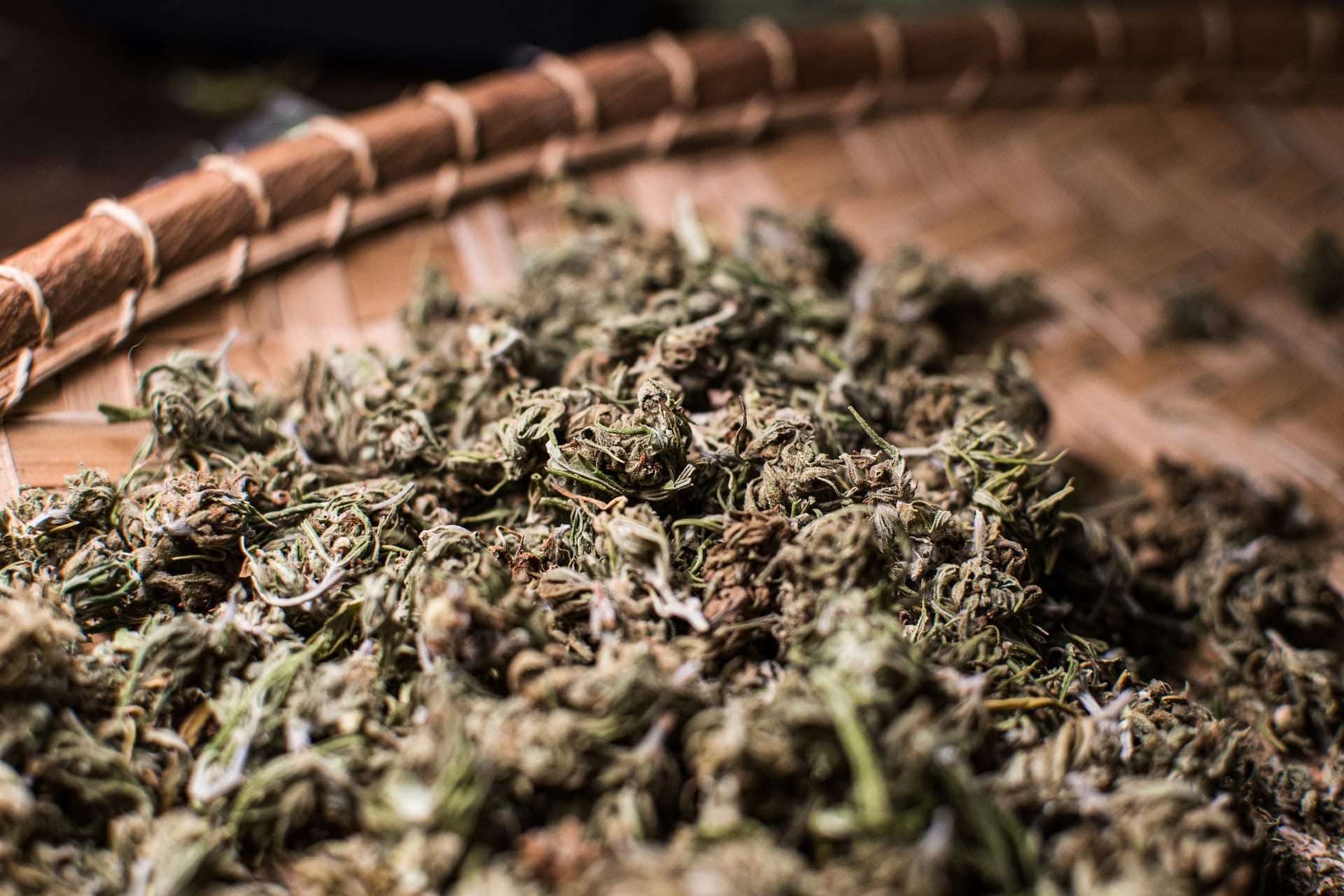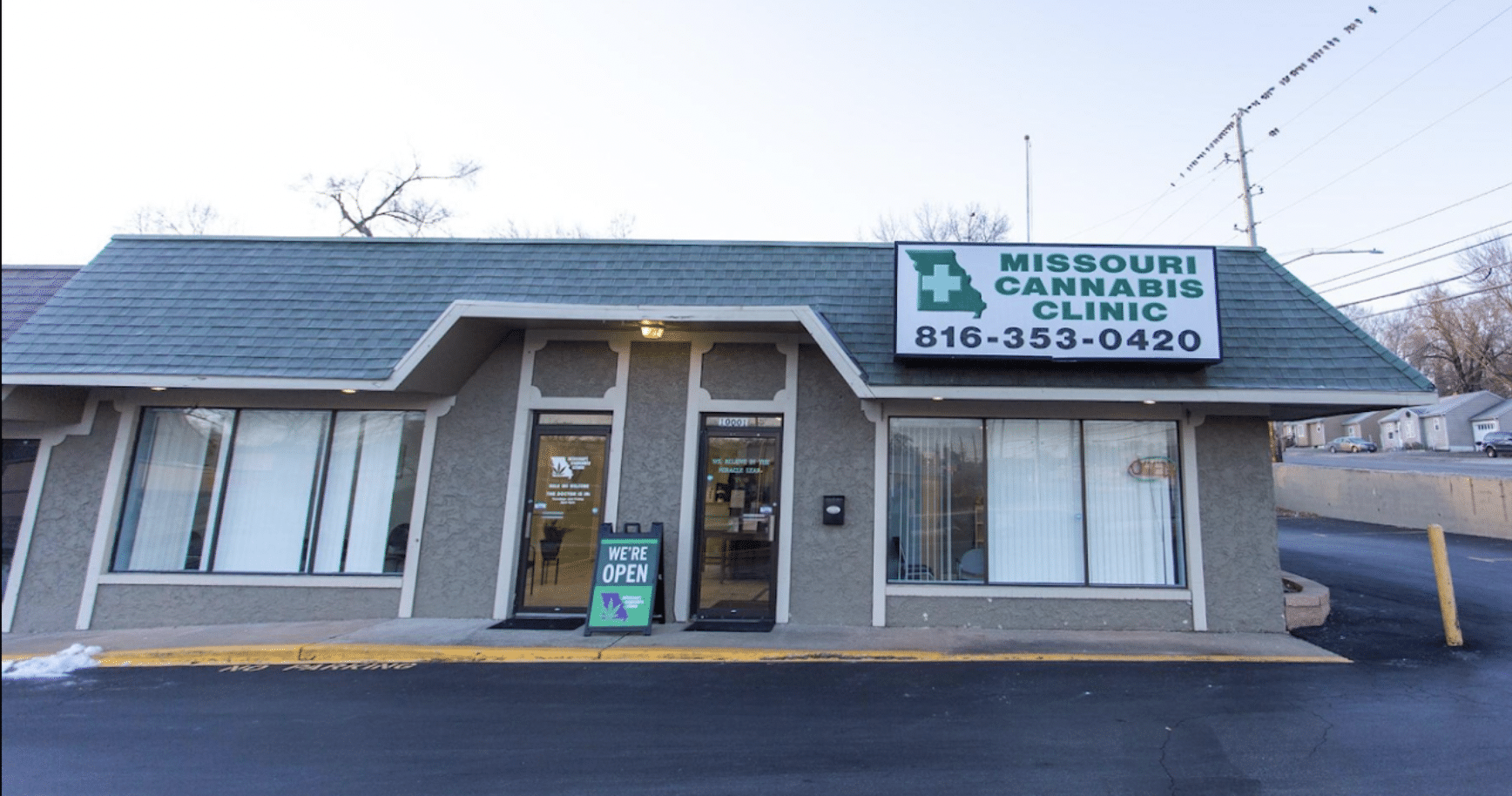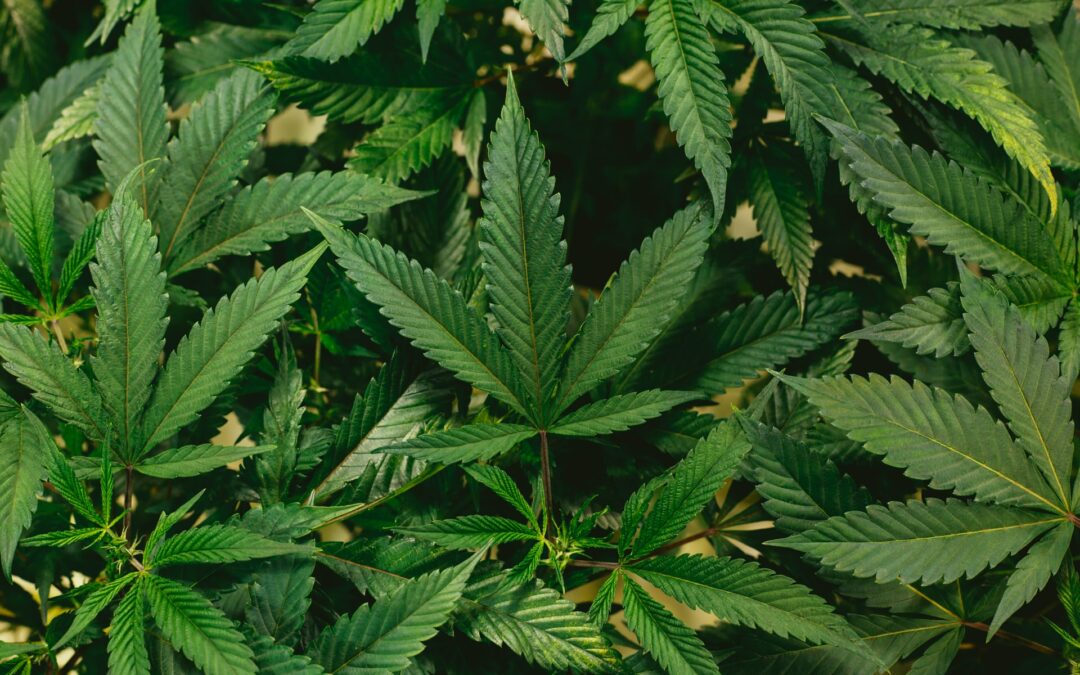
New Jersey Cannabis Commission Approves New Grow Site, More Waiting on Approval
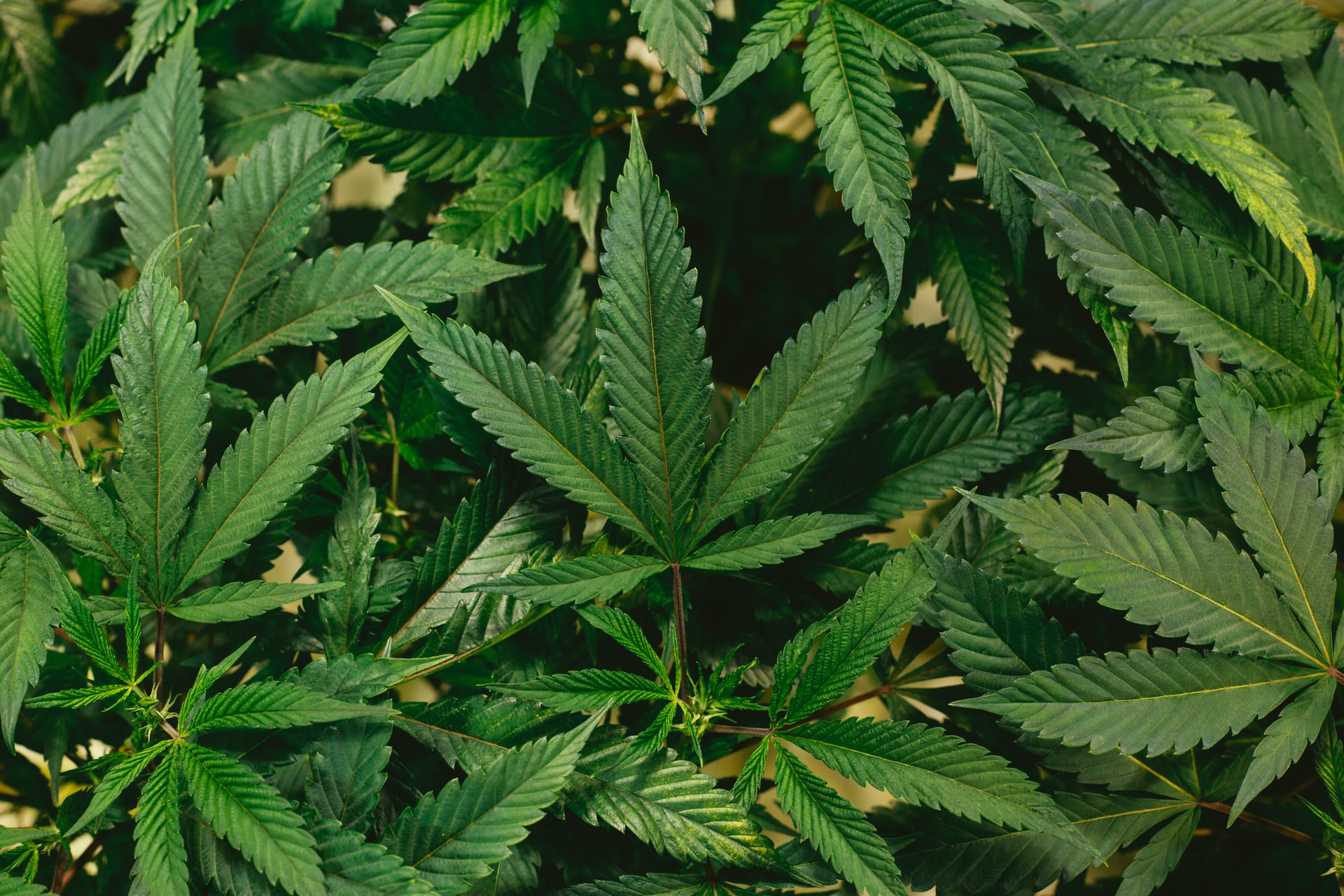
New Jersey’s cannabis regulators on Tuesday moved to streamline the licensing of new weed businesses and approved another marijuana grow site — but it did not announce the recipients of some two dozen businesses that have sat in limbo for nearly two years.
The state’s Cannabis Regulatory Commission met on Tuesday evening to approve the transfer of an existing medical marijuana license, a new marijuana grow site and a system to help it process applications for new cannabis businesses.
All signal the state is gearing up for legal cannabis sales.
The commission unveiled its initial rules to guide the legal weed industry last month. That set the clock ticking down to launch sales to those 21 and older — according to the law, they must start within six months of the commission adopting its regulations.
But the commission gave no word on the 2019 request for applications to operate new medical marijuana facilities. Some 150 entities saw a review of applications paused in late 2019 due to a lawsuit. But a court ruled earlier this year that the commission could resume its evaluation and award those 24 licenses.
So far, the commission has not issued any of the new licenses. Jeff Brown, the commission’s executive director, has said licenses will come soon, but regulators have not given a date by when they will announce the new licenses.
“It is not lost on us that everyone is eager to get that moving forward, as are we,” Dianna Houenou, the commission’s chair, said during the meeting. She said the commission was working quickly to score them, but emphasized the need to “double” and “triple” check each.
Still, frustration dominated the meeting.



